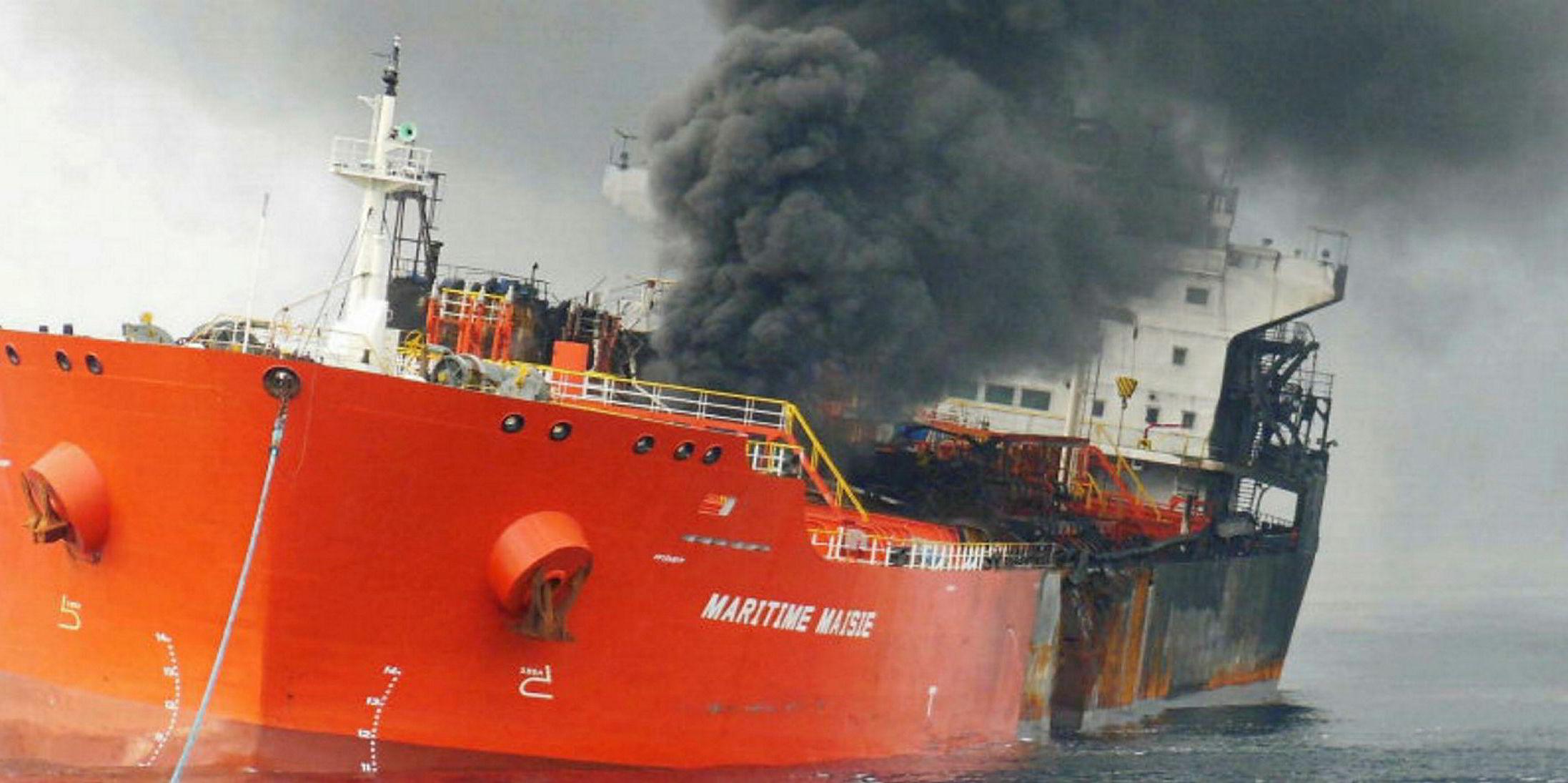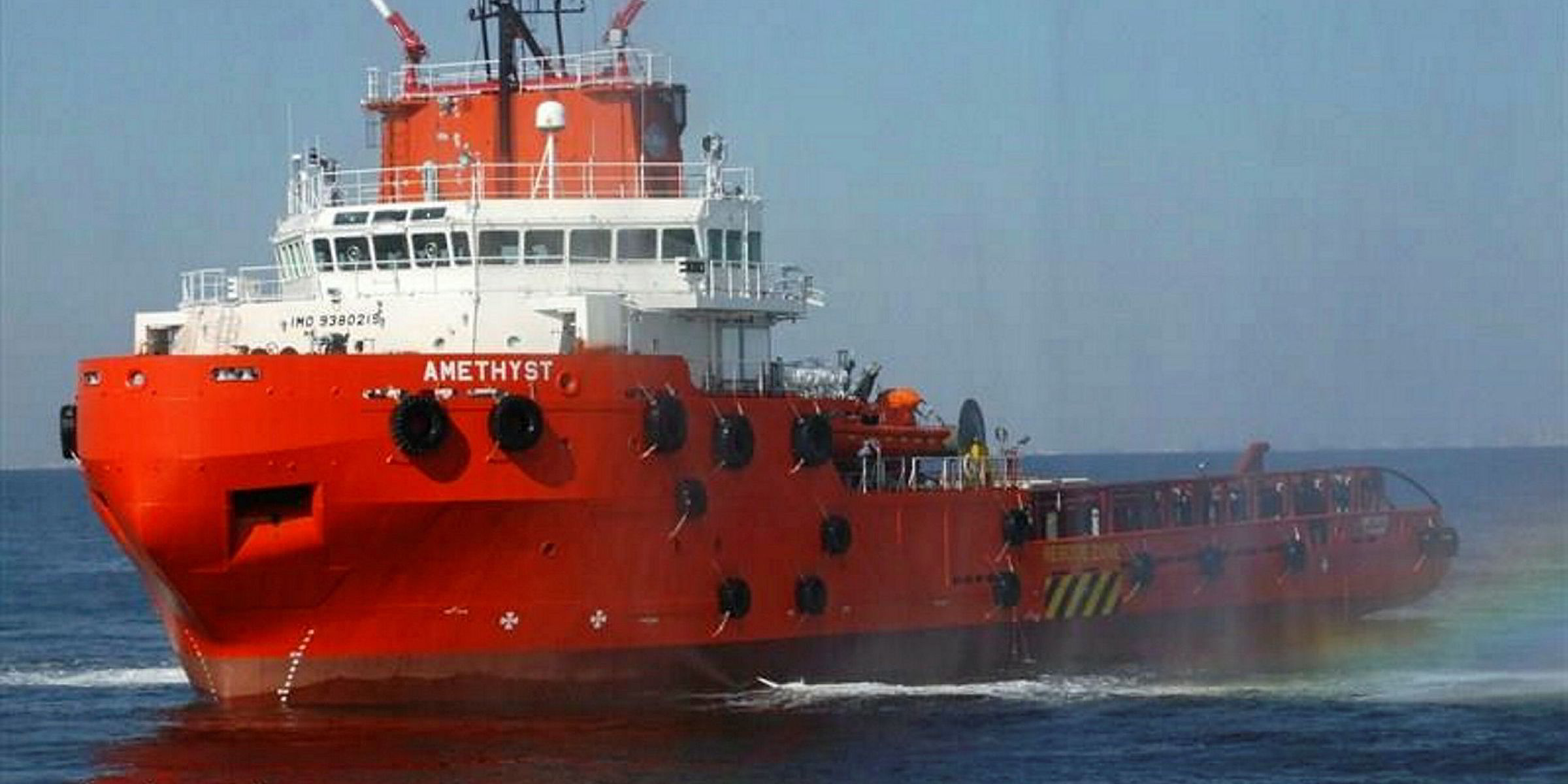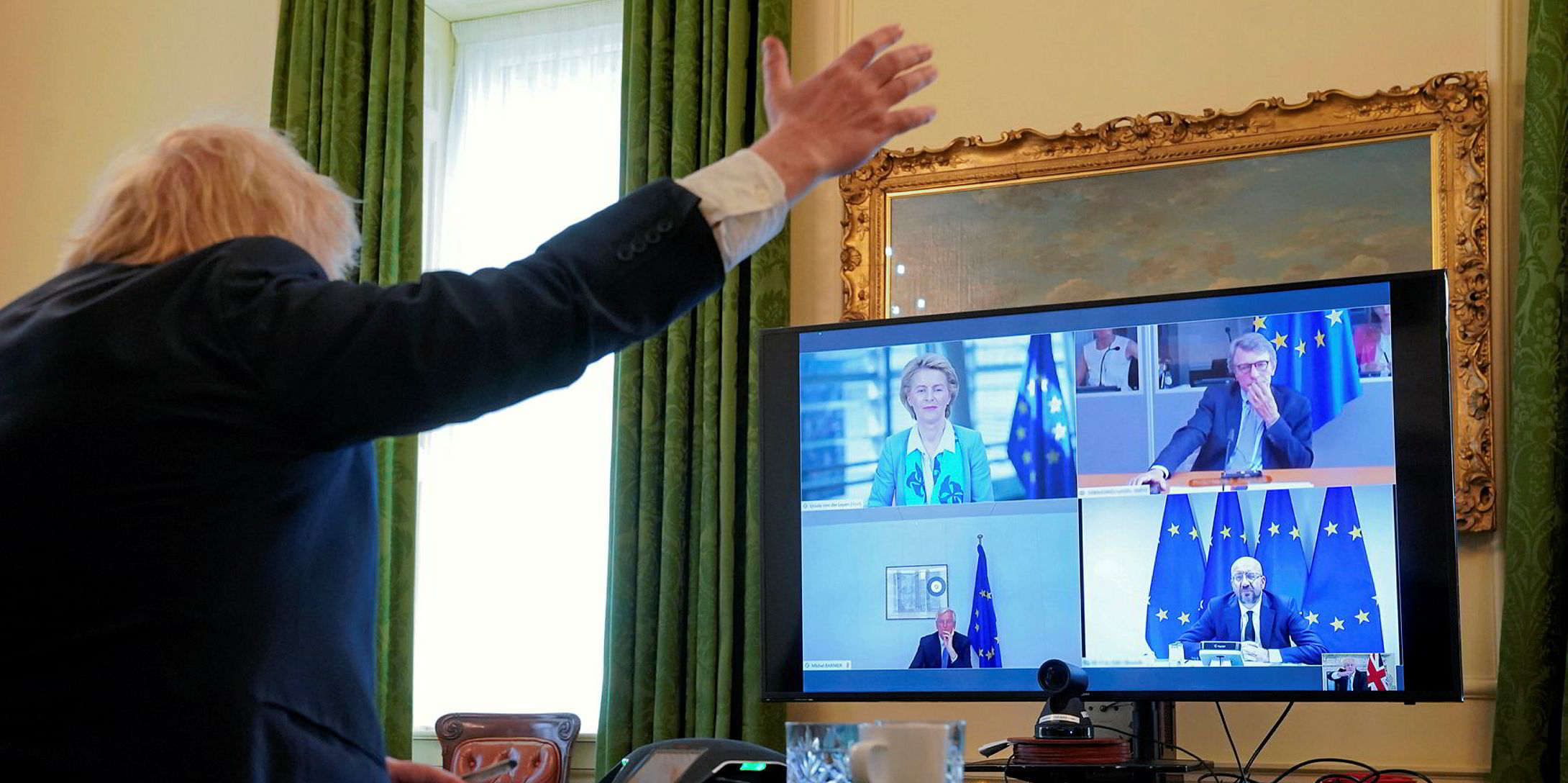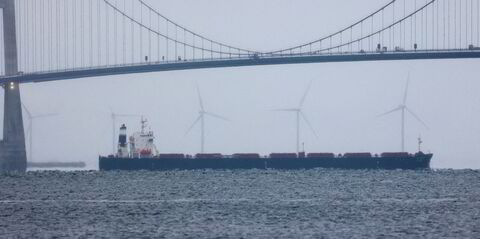A Singapore shipowner will now have to pay the bulk of a compensation claim arising from a 2013 collision in South Korea after it failed to have the claim against it struck out at the High Court in London.
Golden Lucky, which owns the 44,000-dwt chemical carrier Maritime Maisie (built 2003), had sought to wipe out a $31.2m claim from Gravity Maritime, the owner of the 7,500-ceu car carrier Gravity Highway (built 2014).
The two vessels collided while the car carrier was undergoing sea trials at shipbuilder Hyundai Mipo Dockyard (HMD).
The tanker caught fire and the other vessel suffered severe bow damage.
A consent order was made in 2017 in which the parties agreed that the Gravity Highway, managed by Ray Car Carriers, bore one third of the liability for the collision. The Maritime Maisie, managed by Glory Ship Management in Singapore, would shoulder the rest.
London's Quadrant Chambers said on its website that the Maritime Maisie owner, for whom it was acting, later served a document containing 155 requests for further information concerning the claim it had to pay.
'Inadequate response'
Golden Lucky alleged the response it received was inadequate and sought to kick the case out.
The judgment reveals Golden Lucky said there had not been a proper clarification of man-hours spent on repairs.
The case was tricky because the cost of the repair work had to be separated from the normal yard work required to complete the vessel at HMD.
The yard's insurers had appointed loss adjuster Modern Marine Surveyors & Adjusters to do this.
Golden Lucky questioned the method Modern used, however.
Gravity Maritime said there was no failure to answer the questions, and that their case was clear.
They produced all of HMD's daily work sheets and photographs taken on almost every day of the repair work, Justice Sir Christopher Butcher said.
Hours adjusted down
"Furthermore, they undertook a further, new, exercise of adding up all the hours shown in the daily work reports, grouped according to the work department headings used in the daily work reports," he added.
Modern had adjusted the yard's claimed hours down from 276,000 to 251,000.
Butcher ruled the response was not "plainly incomplete or insufficient" and said it provided a response to all the queries posed.
The accident stirred controversy when the tanker was left for nearly four months in the Sea of Japan following the collision off Busan, with neither Japan nor South Korea seemingly prepared to offer the fire-ravaged ship a place of refuge.
The tanker was carrying a highly hazardous and toxic cargo, which TradeWinds understands to have been acrylonitrile, and this was the reason behind coastal states' reluctance to shelter it.
A Hong Kong Maritime Administration report did not blame coastal states for delays in offering shelter to the ship, however.






